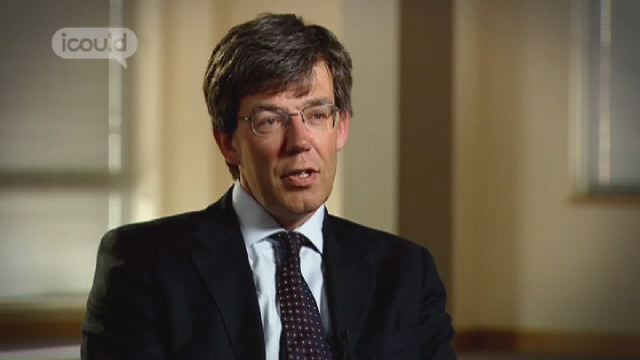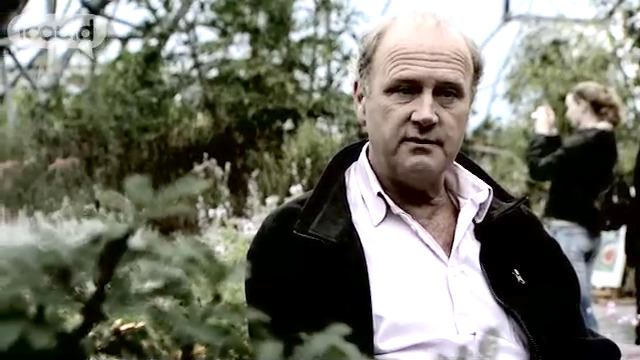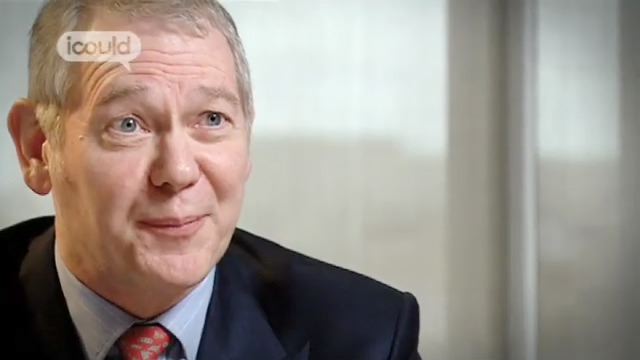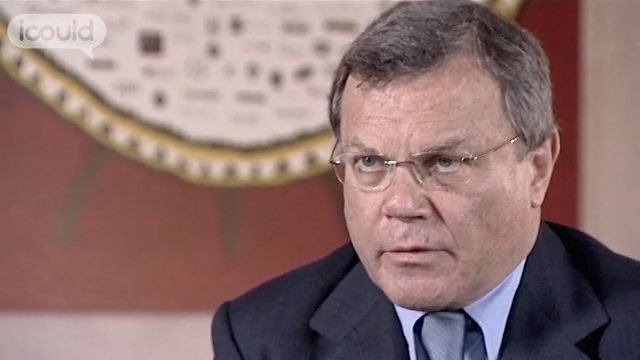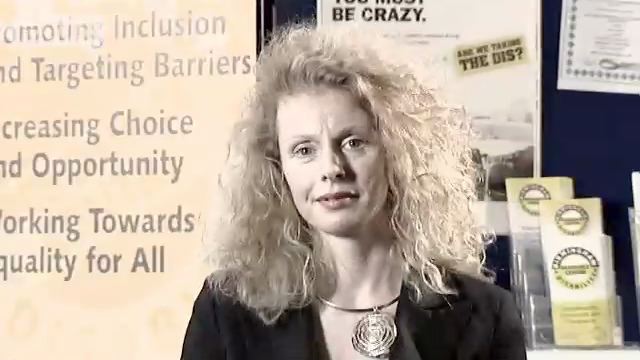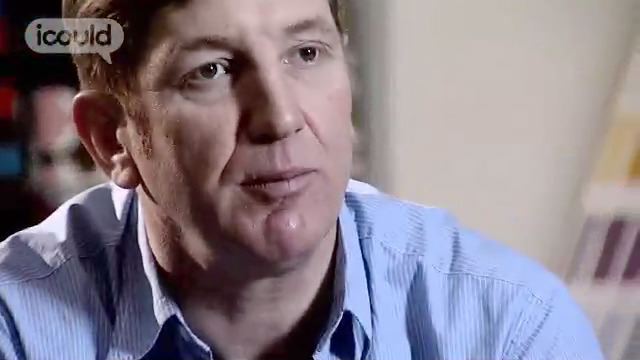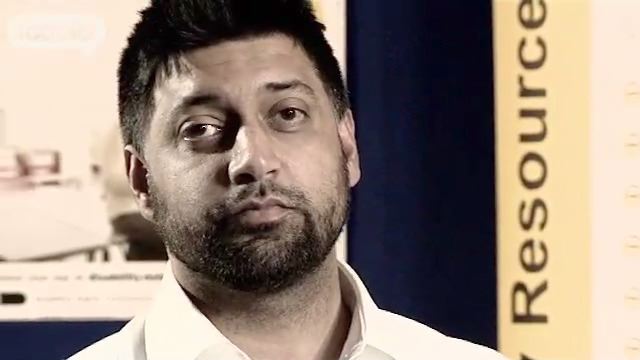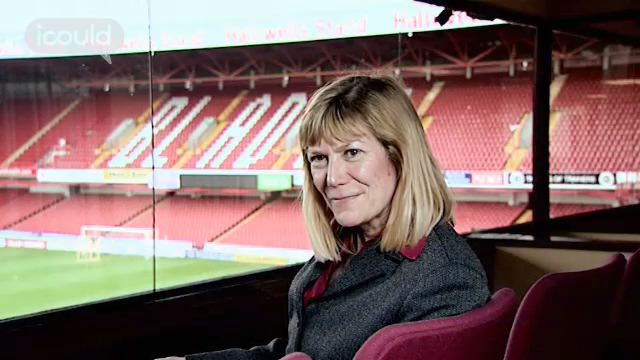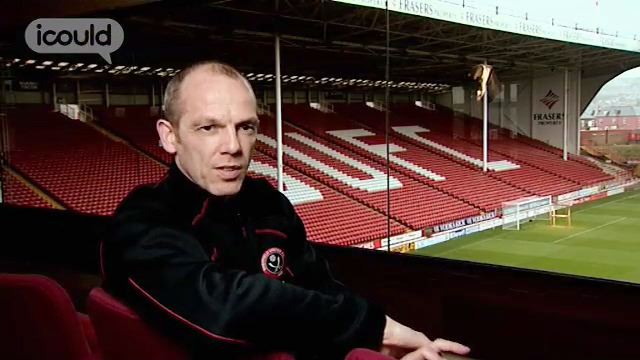CEO
Birmingham Disability Resource Centre
Louise S, Disability Centre
0.00.02 My name’s Louise S and I’m the chief executive here at the Birmingham Disability Resource Centre. What that basically means is that I need to lead this organisation and manage the staff and the services within the organisation, think about how we’re going to raise money because we are a charity at the end of the day. So everything that we do relies on me bringing money in. And I also need to think about things like external relations, PR, the reputation of the organisation so we’ll do a fair bit of work around networking, meeting people, making relationships with people.
00.00.40 My parents were not necessarily people that would push or inspire me to go on and do things. I think they were quite happy for me to make up my own mind and make my own decisions so from my point of view what I really wanted to do was to go out there in to the world and earn some money and be independent. It terms of leaving school, I can recall writing 50, 60, 70 letters, sending off my CVs and out of that I was offered two jobs and both of them were prepared to offer me a day release to college so I could go and continue to study.
00.01.18 So I’ve never been happy to standstill in terms of a job or a career. So from being a committee clerk I then wanted to be a senior committee clerk and for being the senior committee clerk I then wanted to be the manager. I continued to go to college. I got an ONC in business studies, HNC in business studies, and then got my degree, all paid for through work. Obviously, yes, holding down a full-time job and doing college was not easy particularly at degree level but I did it, got through it.
00.01.54 And then a secondment opportunity came up at Solihull Council for me to go and cover a planning enquiry that was going on. And I really enjoyed it. So coming back from that experience, back to my old job, I wasn’t quite the same person that I was before. I had grown and I’d developed and I’d learnt new skills. And I realised that there was life beyond Solihull Council and that I could do it, I could apply for a job outside and go somewhere else.
00.02.24 So I left Solihull Council at that point and all those people I’d worked with for so many years off on a new adventure to go and work at South Derbyshire. And there was a bit of a buzz about me going there because I was a woman and back then, not many women had quite senior positions within the local government, certainly not at district councils. So I was at a bit of a new thing for South Derbyshire District Council at the time.
00.02.56 Quite a strange item I know to bring with me but the reason for bringing these is that there is a story behind this. And that is, when I was 20, I went for a job interview and I thought the interview went pretty well. And the feedback I had was that I wasn’t successful in getting the job, that I had all the skills and attributes but the reason why I didn’t get the job is because of my hair. They basically said that my hair too long and if I ever wanted to have a career anywhere I was going to have to cut my hair off.
00.03.27 The job that you do, the person that you are, the skills that you have, it doesn’t matter what you look like. It’s all the things on the inside, it’s all those qualities that you’ve got. And I’m a chief executive now and look at my hair, it’s still long, it’s still curly. So that woman taught me a lot really. I’ve held that story with me for a long time and I’ve always been determined to be myself when I’m at work and in my career and hopefully I’ve held true to that. And I haven’t cut off my hair.
Louise S is the chief executive at Birmingham Disability Resource Centre. She has worked her way up from clerical jobs in local government, getting her qualifications up to degree level while working full time. She was one of the first women in a senior position at South Derbyshire County Council.
More information about Chief executives and senior officials
The UK average salary is £29,813
There are 37.5 hours in the average working week
The UK workforce is 47% female and 53% male
Future employment
- Analyses economic, social, legal and other data, and plans, formulates and directs at strategic level the operation of a company or organisation;
- Consults with subordinates to formulate, implement and review company/organisation policy, authorises funding for policy implementation programmes and institutes reporting, auditing and control systems;
- Prepares, or arranges for the preparation of, reports, budgets, forecasts or other information;
- Plans and controls the allocation of resources and the selection of senior staff;
- Evaluates government/local authority departmental activities, discusses problems with government/local authority officials and administrators and formulates departmental policy;
- Negotiates and monitors contracted out services provided to the local authority by the private sector;
- Studies and acts upon any legislation that may affect the local authority;
- Stimulates public interest by providing publicity, giving lectures and interviews and organising appeals for a variety of causes;
- Directs or undertakes the preparation, publication and dissemination of reports and other information of interest to members and other interested parties.
- Analyses economic, social, legal and other data, and plans, formulates and directs at strategic level the operation of a company or organisation;
- Consults with subordinates to formulate, implement and review company/organisation policy, authorises funding for policy implementation programmes and institutes reporting, auditing and control systems;
- Prepares, or arranges for the preparation of, reports, budgets, forecasts or other information;
- Plans and controls the allocation of resources and the selection of senior staff;
- Evaluates government/local authority departmental activities, discusses problems with government/local authority officials and administrators and formulates departmental policy;
- Negotiates and monitors contracted out services provided to the local authority by the private sector;
- Studies and acts upon any legislation that may affect the local authority;
- Stimulates public interest by providing publicity, giving lectures and interviews and organising appeals for a variety of causes;
- Directs or undertakes the preparation, publication and dissemination of reports and other information of interest to members and other interested parties.
- Analyses economic, social, legal and other data, and plans, formulates and directs at strategic level the operation of a company or organisation;
- Consults with subordinates to formulate, implement and review company/organisation policy, authorises funding for policy implementation programmes and institutes reporting, auditing and control systems;
- Prepares, or arranges for the preparation of, reports, budgets, forecasts or other information;
- Plans and controls the allocation of resources and the selection of senior staff;
- Evaluates government/local authority departmental activities, discusses problems with government/local authority officials and administrators and formulates departmental policy;
- Negotiates and monitors contracted out services provided to the local authority by the private sector;
- Studies and acts upon any legislation that may affect the local authority;
- Stimulates public interest by providing publicity, giving lectures and interviews and organising appeals for a variety of causes;
- Directs or undertakes the preparation, publication and dissemination of reports and other information of interest to members and other interested parties.
